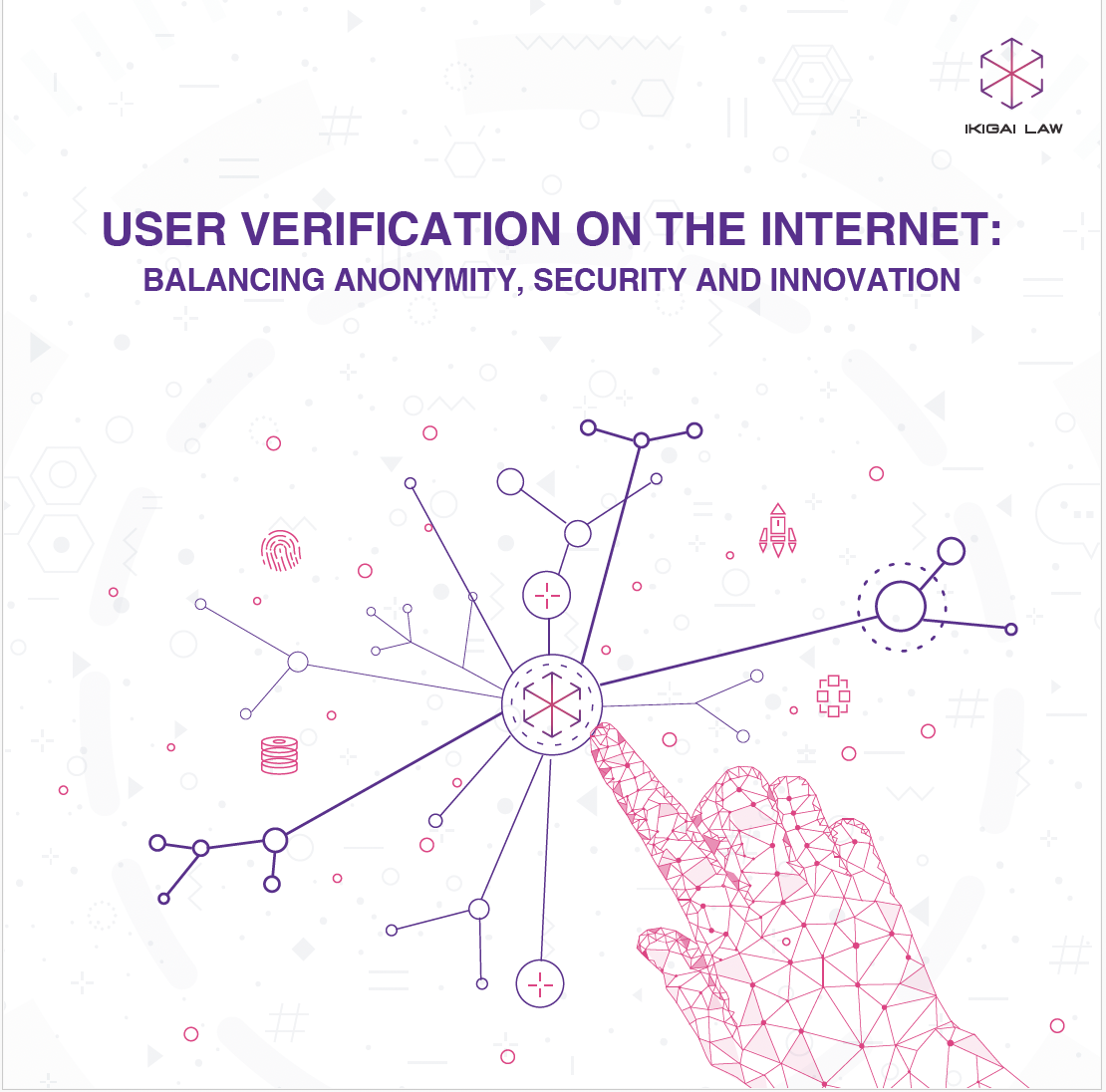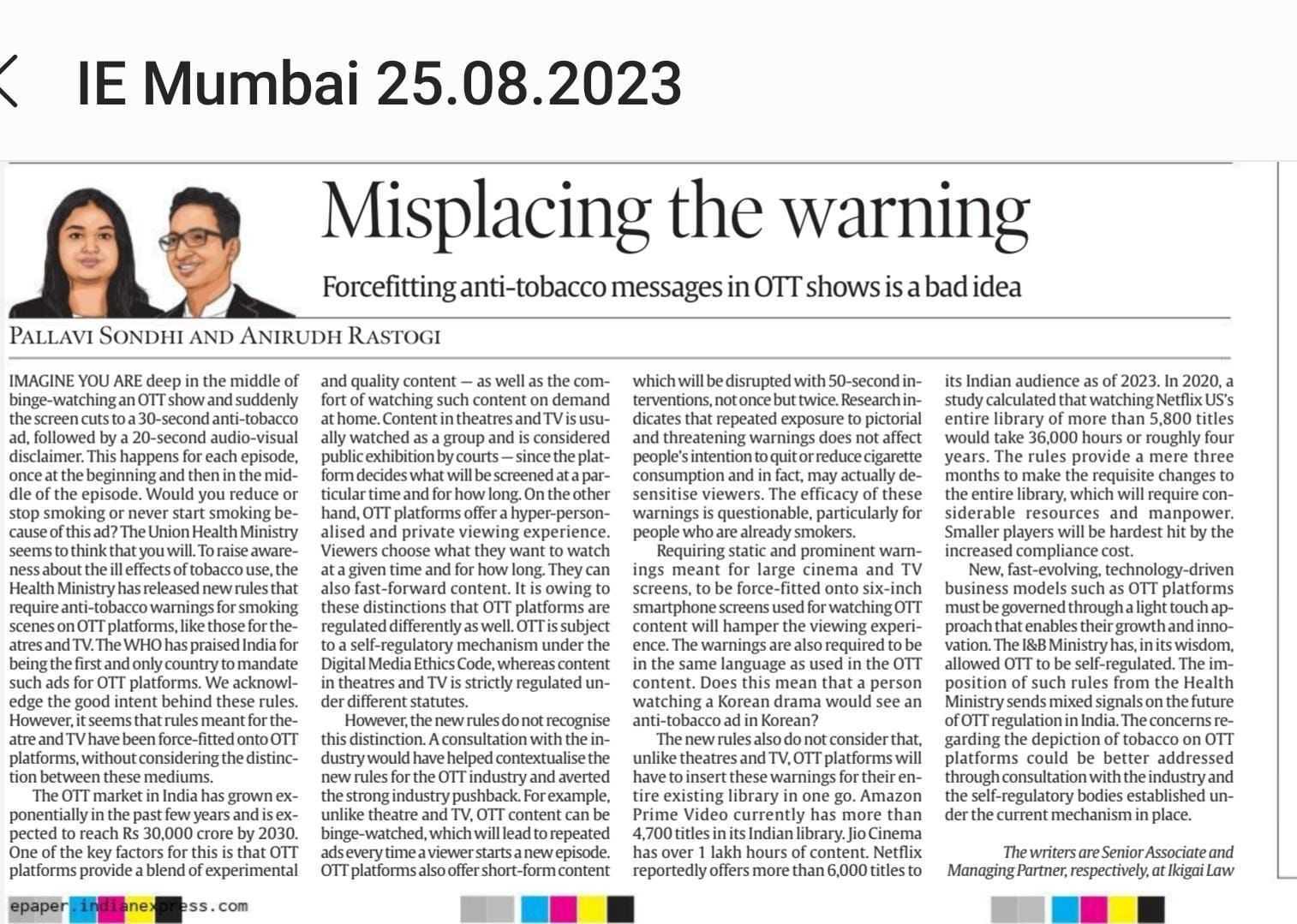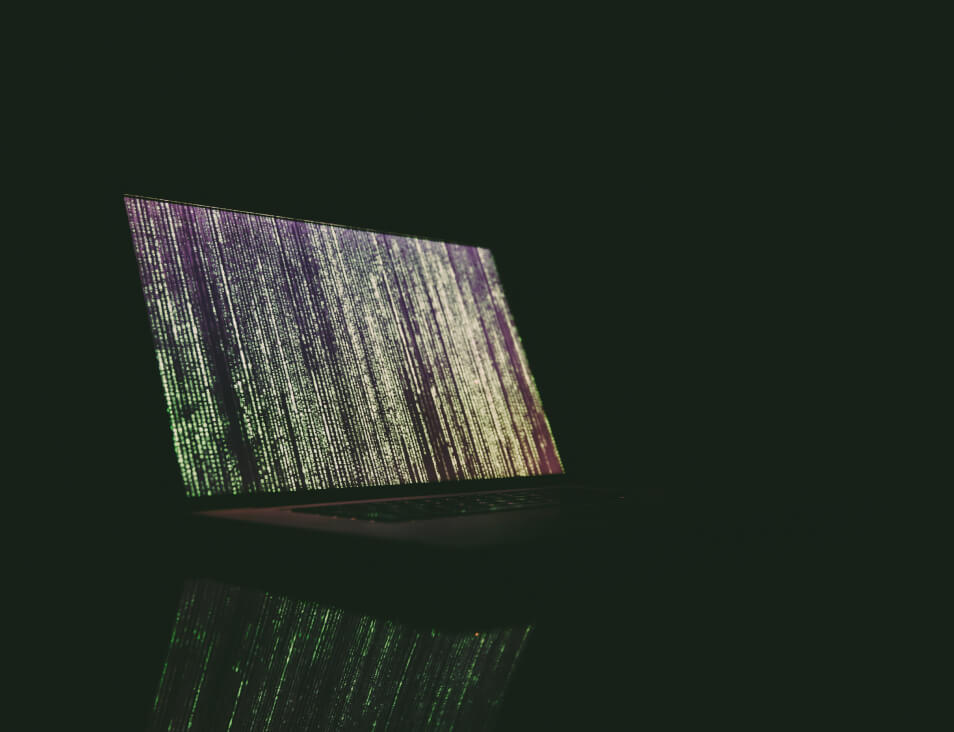Recently, the Indian Government banned 59 Chinese mobile apps citing risks to the sovereignty and integrity of India. In this piece we examine whether India would be successful in invoking the national security exemption to justify the ban, in the (unlikely) event that China were to approach the WTO.
Introduction
Recently, the Indian Government banned 59 Chinese mobile apps citing risks to the sovereignty and integrity of India. Condemning the ban, Ji Rong, spokesperson of the Chinese embassy in India, said that the ban potentially of violates the World Trade Organization (WTO) rules and “abuses the national security exceptions.” Indian officials are confident that India can defend the move under this exception. In this piece we examine whether India would be successful in invoking the national security exemption to justify the ban, in the (unlikely) event that China were to approach the WTO. [IL1]
The move came after the border clash between Indian and Chinese soldiers in the Galwan Valley, along the Line of Actual Control, resulting in the death of 20 Indian soldiers. The press release announcing the ban, explained that Indian users’ data was being transmitted to servers located outside India, in an unauthorised manner. Per the government, this led to the profiling and mining of users’ data by elements hostile to the national security and defence of India which was a matter of deep and immediate concern, and required emergency measures.
Invoking the national security exception under the WTO framework
The national security exception under the WTO framework has been invoked twice so far – first, for Russia’s justification of a ban on Ukraine’s trucks from driving within Russia during the Ukraine crisis (Russia/Ukraine decision); and second,for Saudi Arabia’s justification for not initiating criminal procedures against a company which was stealing copyright protected content from a Qatari company (during the blockade against Qatar) (Saudi/Qatar decision). While the WTO Panel accepted the justification in case of Russia, it was rejected in case of Saudi Arabia.
Article XIV bis of the General Agreement on Trade in Services (GATS), in its operative part, provides that nothing prevents any Member from taking any action which it considers necessary for the protection of its essential security interests: (i) relating to the supply of services for the provisioning of a military establishment; (ii) relating to fissionable and fusionable materials and the materials from which they are derived; or (iii) taken in time of war or any other international relations emergency.
India is most likely to take the defence that the ban was necessary for the protection of its essential security interests taken in time of war or any other international relations emergency. This phrase was recently interpreted by a WTO Panel in the Saudi Arabia/Qatar decision. Based on the Panel’s analysis, India will have to fulfil three conditions: first, there was a situation of ‘war or other emergency in international relations’; second, such a ban was adopted during such war or emergency; and third and most importantly, the ban was not remote or unrelated and it was a plausible measure to protect India’s essential security interests.
Ban during ‘emergency in international relations’
‘Emergency in international relations’ was interpreted by the WTO Panel in the Russia/Ukraine decision as a situation of“armed conflict, or of latent armed conflict, or of heightened tension or crisis, or of general instability engulfing or surrounding a state.” Considering the existence of heightened tensions between India and China at the border, India may easily establish the first two conditions – the existence of ‘emergency in international relations’ and that the ban was adopted during such emergency.
Ban as a plausible measure to protect India’s essential security interests
As analysed by the Panel in the Saudi/Qatar decision, the Member has to prove that the measure in question was not so remote or unrelated to the ‘emergency in international relations’ and was a plausible measure necessary for the protection of the Member’s essential security interests. ‘Essential security interests’ was interpreted by the Panel in the Russia/Ukraine decision as interests relating to the quintessential functions of the state namely, “the protection of its territory and its population from external threats, and the maintenance of law and public order internally.” Therefore, India will have to prove that banning 59 Chinese mobile apps was not remote or unrelated to the Indo-China border clash, and was necessaryto protect Indian territory or population from external threats. This may be challenging to justify before a WTO Panel for the following reasons:
- The press release does not explain how each app is a threat to India’s essential security interests and instead announced a blanket ban for all apps. The 59 apps vary widely in the nature of services they provide and include e-commerce apps, news aggregators, web browsers, utility apps and social media apps. Therefore, the types of user data these apps collect would also vary widely. In the case of news aggregators or social media apps, the risks of them being used for the targeted spread of misinformation or propaganda would perhaps make a strong ground for a ban. However, the ban hinges on the fact that user data is being taken outside India in an unauthorised manner and used for profiling. From the outside it is not clear how the profiling of an average Indian, based on say their e-commerce purchase preferences, can result in a threat to India’s security interests. Moreover, India does not have a data protection law which prohibits user data from being transferred outside India. Therefore, there is nothing illegal or unauthorised per se in transferring data to servers located outside India. As observed in Russia/Ukraine and Saudi/Qatar decisions, a WTO Panel will require India to provide factual evidence to prove why each app banned is a threat to India’s essential security interest.
- India announced a ban on the 59 Chinese apps for the entire country instead of a limited ban on their use by army personnel and/or government employees. Less trade-restrictive alternative measures such as this would be far easier to justify under the national security exception. In fact, the United States (US) has adopted such bans before. For instance, the US army banned the use of TikTok by its soldiers citing threat to national security. Similarly, after the fitness tracking app Strava leaked the location of secret US army bases, the US army soldiers were banned from using the app. In fact, after the border clash, the Indian army also banned its soldiers from using 89 apps including TikTok, Facebook and Instagram. A similar ban by the Indian government, on the use of these apps by government employees and the armed forces, could easily be justified under the national security exception at the WTO, as opposed to a complete blanket ban.
WTO’s interference with the national security exception – A breach of sovereignty?
The United States has always argued that the national security exception is a self-judging provision and that the WTO cannot determine the legality of measures adopted by the Members to protect its national security. In fact, in the Russia/Ukraine decision, the United States supported Russia’s argument that it did not have to give factual evidence that the measure adopted against Ukraine protects its national security. However, the Panel’s rejection of Saudi Arabia’s invocation of the security exception and the stringent tests laid down by it suggests that WTO Panels do not consider the national security exception to be self-judging. Future WTO Panels may adopt a similar level of scrutiny when the national security exception is invoked. While it is unlikely that China will drag India to the WTO, in the event it does, India will have to provide sufficient evidence to prove that the ban was justified to protect its national security.
This piece has been authored by Kruthi Venkatesh, a consultant working with Ikigai Law, with inputs from Aman Taneja, Senior Associate at Ikigai Law.
For more on the topic, please reach out to us at contact@ikigailaw.com










